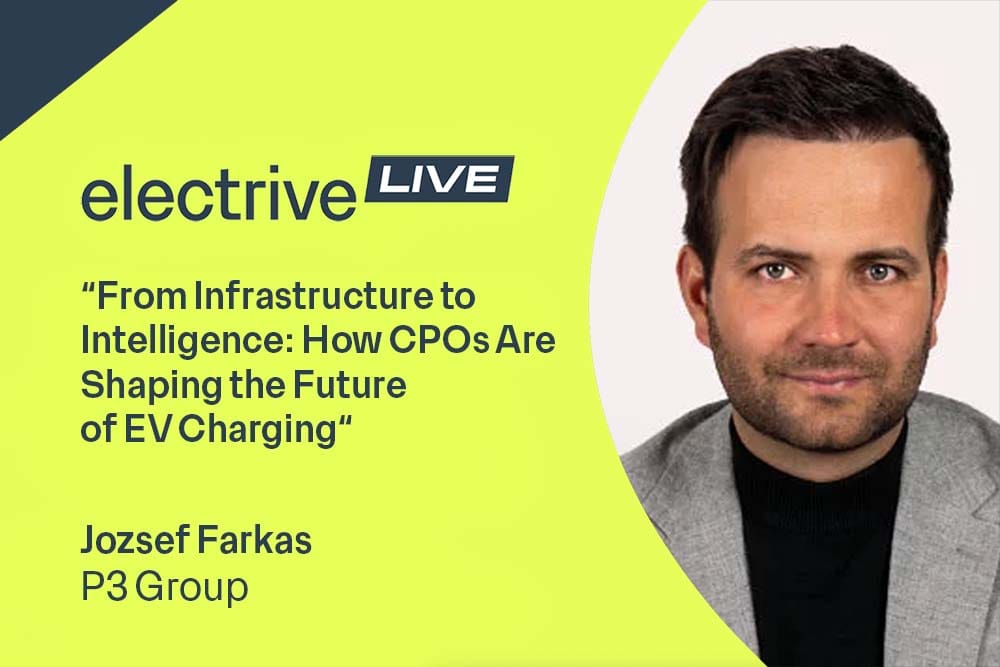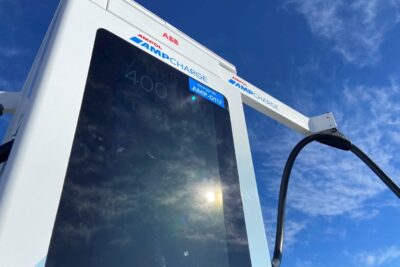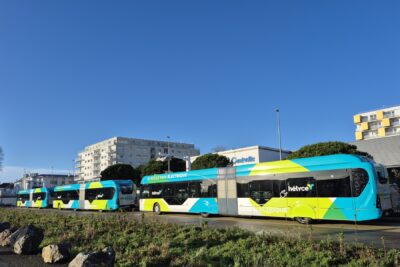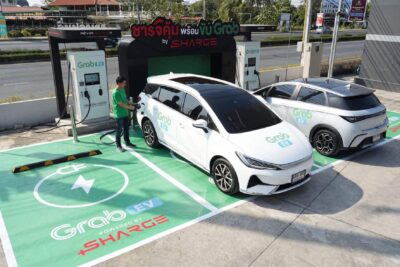“From Infrastructure to Intelligence: How CPOs Are Shaping the Future of EV Charging” – Jozsef Farkas from P3 Group
The EV charging industry is undergoing a fundamental shift from hardware-focused deployment to software-led ecosystems. “The CPO role is evolving into a digital backbone,” said Jozsef Farkas, Managing Partner at P3 Group, during electrive LIVE. Charging, he argued, is no longer just technical infrastructure—it’s now a digital service that requires strategic software investment.
This evolution is also reshaping revenue models. While hardware still generates income, its share is declining. By 2030, P3 predicts that services like smart charging, energy sales, and asset management will make up a significant portion of CPO revenues. “Selling smart energy solutions will become as important as installing charging stations,” Farkas said.
To navigate this transition, Farkas outlined three CPO software strategies: ‘best-of-suite’ (one vendor), ‘best-of-breed’ (modular, API-integrated tools), and ‘integrated best-of-breed’ (custom ecosystems with full data ownership). The latter offers the greatest flexibility and control. “Charge detail records are the gold of the CPOs,” Farkas emphasized. “Controlling your data is essential for scaling and differentiation.”
From Infrastructure Race to User-Centric Experience
Farkas traced the sector’s development through three phases. Between 2008–2015, the focus was on installing as many chargers as possible, with limited, often proprietary software. The second phase prioritized interoperability. Roaming platforms emerged, but backend systems became tangled and user experience suffered. “There was organic software stack growth without modular design,” he noted.
Today, user expectations and regulations dominate. Software is no longer an add-on—it defines reputation and margin. “Digital performance drives reputation. Reputation drives usage. Users drive margin,” said Farkas. Success now depends on the full journey—from finding a charger to completing payment smoothly.
P3’s 20,000+ tests across 30 markets show a troubling gap: while uptime appears high (95–99%), successful charge sessions often fall to 65–90%. “One in three or four sessions fails. That’s a software problem,” Farkas warned. The industry must now prioritize digital integration and user experience to remain competitive.





0 Comments